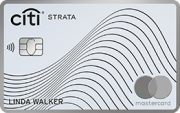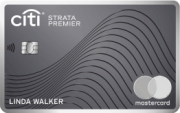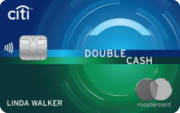The content on this page is accurate as of the posting date; however, some of the offers mentioned may have expired.

Last week hundreds of schools nationwide participated in “Get smart about credit” day. While October 20 may not be a commonly known holiday, the event did help students review some of the credit card basics that they will need throughout their adult lives. Here are the top five lessons that most children (and adults) should know about credit cards.
How do credit cards work? A credit card is an agreement between you and a financial group, such as a bank, that it will let you buy something now and you will pay them back. With credit there is no initial monetary transaction, you are essentially borrowing and paying it back. An additional fee will be attached to what you originally spent if you are unable to pay back the full amount — this is called interest.
What is a credit score? Credit scores are how banks rank your eligibility for a credit limit. You can check your own credit report with one of the three national credit bureaus: Equifax, Experian and TransUnion. Anyone who takes action against you in response to a report supplied by a credit reporting agency — such as in denying your application for credit — must give you the name, address and telephone number of the credit bureau that provided the report.
How can one establish good credit? Using credit card that is issued by a local credit card issuer and use it responsibly is the first step in building good credit. Try a gas credit card or a credit card that you use only for groceries. A positive credit score not only helps when you apply for a credit card, but also when applying for a job, insurance or financing for a car or a home mortgage.
What is APR? The yearly interest rate that a credit card company will apply to your unpaid balance is the Annual Percentage Rate (APR). For example, if there is an outstanding balance of $1,000, with 18.5% APR. You will be charged an additional $185 over the course of a year. Look for cards with lower APRs in order to save yourself money overtime.
What federal protection do credit card holders have? It’s important to know your rights when opening a credit card. You are protected if there are errors or unauthorized charges over $50 on your account. If you see errors on your statement contact the credit card company within 60 days. The card issuer must investigate the problem and either correct the error or explain to you why the bill is correct within 90 days. If you report your credit card lost before it is fraudently used you are not responsible for any unauthorized charges. If you do not report the card missing, you are liable up to $50.
Credit and credit cards are topics that we can’t learn enough about, it’s important for our children to get the necessary education regarding credit cards as well. Don’t just use “Get Smart About Credit Day” as an opportunity to talk to your child about credit, do it everyday.





